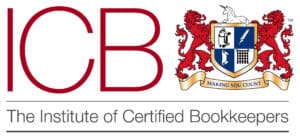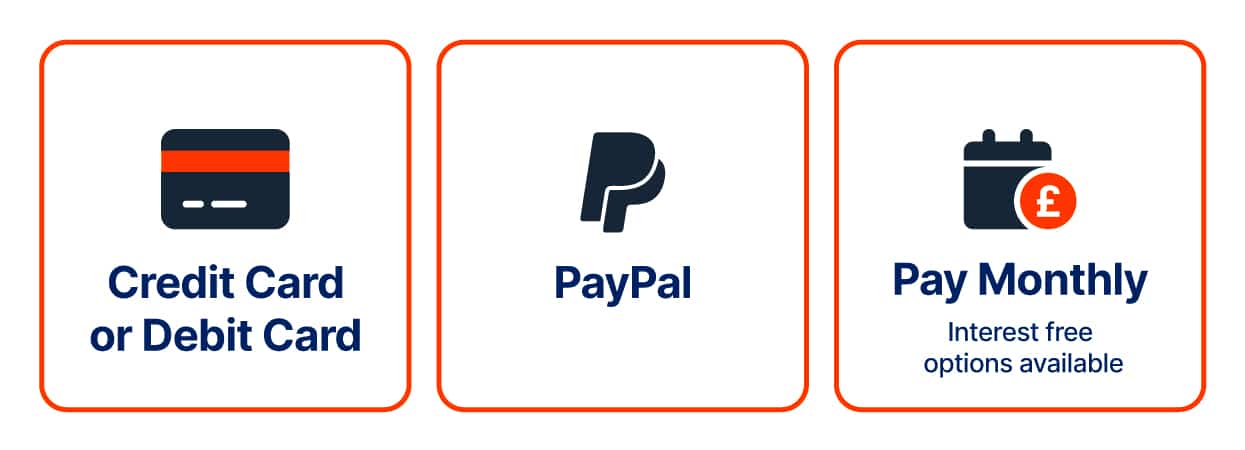Overview
Travel and Tourism is a continually growing industry that supports a huge number of roles. Tourism brings people together and teaches us about the world we live in. It strengthens communities and broadens the mind. Our fully accredited NCFE Travel and Tourism Level 3 Diploma explores the reasons why people travel and helps you develop the knowledge and skills needed to work in the tourism industry.
This course is brand new and replaces the older NVQ Level 3 Travel and Tourism. The qualification adds in a modern take on travel, bringing your travel skills right up to date.
Why study travel and tourism?
We all look forward to our holidays but we don’t often think about the processes, systems and activities which enable us to have an enjoyable experience whilst away from home. This accredited course focuses specifically on providing knowledge and skills to be able to work in this ever-growing sector.
NCFE Level 3 Travel & Tourism – the syllabus in brief
On the Travel and Tourism Level 3 Diploma, you’ll study how travel agencies operate, along with the package holiday industry. You’ll investigate how tourism events are organised and marketed, delve into the heritage and cultural tourism, study the impact that travel and tourism have on local communities, and much more!
What you'll learn
Do you know the main products and services offered within the UK travel and tourism industry? If not, then this unit will educate you. You’ll discuss all the ways to travel including road, rail, air and sea, along with describing the differences between serviced and non-serviced accommodation. You’ll also look at the extras offered to customers to enhance a travel package, and learn to identify trade associations, the services they offer, and their purpose.
This unit will help you identify examples of positive and negative customer service provided by travel and tourism organisations. You’ll find out how travel organisations’ policies and procedures manage customer service, and understand how performing great customer service has a positive impact. You’ll consider different techniques to perform great customer service and be able to recommend improvements to customer service on a selected travel and tourism organisation.
Always dreamt of a career in travel and tourism? Great, this unit will prepare you for that. You’ll learn how to write a sell yourself on a CV or a personal profile that will shine bright in the travel and tourism industry. You’ll be able to assess your current skills against the skills you’ll need in the future by carrying out a skills audit, along with learning the knowledge needed to produce a professional standard application document. Finally, you’ll consider the ways to boost your interview chances, evaluate your performance, and be able to produce an action plan.
Within this unit, you’ll learn to identify UK, Europe and worldwide destinations, and you’ll then produce a travel brochure based on a selected location. You’ll research different types of travellers and tailor a destination recommendation based around them, their needs, and their desires. You’ll consider categories such as adults, families, adventure seekers, independent travellers, retired and eco-tourists, and be able to understand how each requires a diverse destination and tour offering.
Often people when visiting new places like to see what that destination has to offer with visitor attractions. During this unit you’ll consider man-made and natural visitor attraction and discover how they boost the appeal to customers. You’ll evaluate visitor management techniques used at an attraction destination and understand the effects of the attraction on the local community and area.
Travel and tourism and the hospitality industry often work hand-in-hand. During this unit you’ll explore the relationship between the two, and the products and services that can be offered. You’ll consider the ways that the needs and expectations can be met through hospitality providers for a range of customers.
During this unit you’ll get a better idea of the different types of operators, their functions, and the ways in which they sell. You’ll consider recent external factors and events, and the impacts they may have on tour operations.
Within this unit, you’ll consider the range of travel agents in the market, and understand why customers may favour them over others. You’ll look at the differences between products and services in comparison to others on the market. Finally, you’ll learn the procedures, information sources, and legislation used by travel agents and be able to endorse products to potential customers.
Marketing is fundamental to any business, after all it is the way in which people know about what they are doing, offering, and who they are! This unit will brush up on your marketing knowledge, covering influences of marketing activities and the marketing mix. You’ll carry out a market research activity to help you with developing a marketing campaign for a product or service, preparing promotional material to go with it.
Do you really understand the UK passenger transport industry? Inside this unit, you’ll develop your knowledge, and better understanding the structure, range of facilities, and the services within it. You’ll be able to understand factors that influence the industry including technology, changes in demand, political and legal factors, and many more. You’ll also research the travel options for more complex journeys and produce itineraries for them.
Think about all the UK airports, where they are, and how busy they are. You’ll investigate UK airports and their income generation opportunities, discover the roles of UK airport-related regulatory bodies, health and safety, risk management and security hazards including, EASA, ICASO, IATA, and a whole lot more. Next, you’ll assess landside and airside career prospects within UK airports.
Worldwide, there are a variety of airlines: some we may have heard of, some we may not. During this unit, you’ll discover the historical factors and the growth of the airline industry and its existing structure, understand the communications within an airport, the terminology used, and how they calculate flight times across worldwide time zones. You’ll consider the impact of external versions on the worldwide airline industry.
Extra info
Awarding Body

NCFE is the leader in vocational and technical learning committed to powering a more intelligent education eco-system. We combine over 170 years of experience with deep insight into what is needed and what works.
From world-class qualifications and content to new assessment methodologies, from innovative technology platforms to partnership opportunities with our network of expert collaborators – NCFE galvanises the education sector to shape the most innovative solutions for individual learning needs. In doing this, we’re working for a fairer education system for all learners to power inclusivity and choice.
Recognised through UCAS
Click here to confirm it's real with OfQual.
Course Outcome
At the end of this course, successful learners will be awarded a formal qualification of Travel and Tourism Level 3 Diploma by NCFE, the third-largest awarding body in the UK. The training courses have been designed specifically to meet the needs of learners who prefer to study from home. Read more about NCFE.
How is this course assessed or examined?
Throughout this course, you may be expected to complete assignments, essays, research projects, presentations, video/audio recordings, and practical learning sessions to meet the requirements of your course. This information will be included in your study pack detailing exactly what you need to do to accomplish your goals as a student in travel and tourism.
Entry requirements
There are no formal entry requirements for this course, however, it is recommended that you have an intermediate ability to read and write English. There is a minimum study age of 16.









